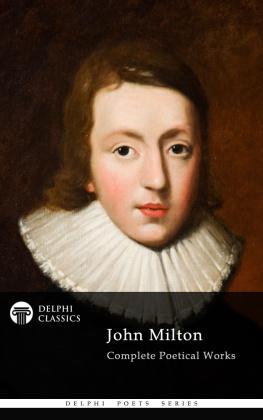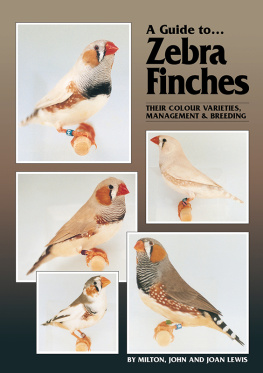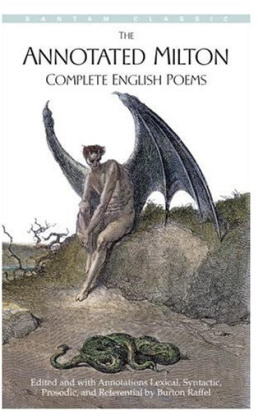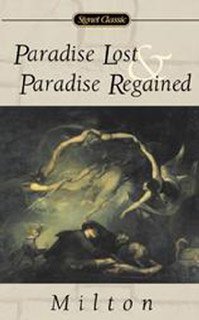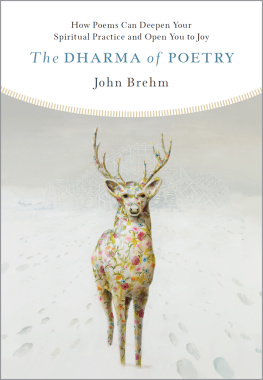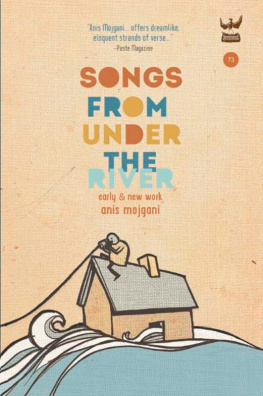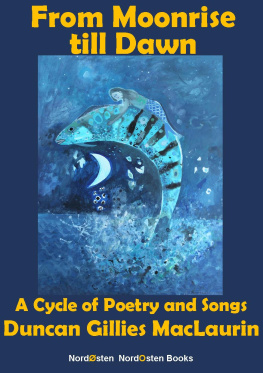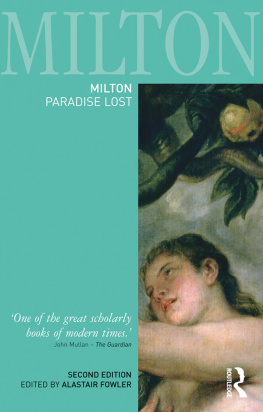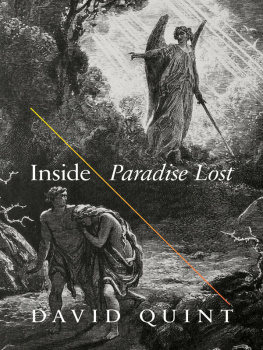L'Allegro, Il Penseroso, Comus, and Lycidas
John Milton
HENCE, loathed Melancholy,
Of Cerberus and blackest Midnight born
In Stygian cave forlorn
'Mongst horrid shapes, and shrieks, and sights unholy!
Find out some uncouth cell,
Where brooding Darkness spreads his jealous wings,
And the nightraven sings;
There, under ebon shades and lowbrowed rocks,
As ragged as thy locks,
In dark Cimmerian desert ever dwell.
But come, thou Goddess fair and free,
In heaven yclept Euphrosyne,
And by men hearteasing Mirth;
Whom lovely Venus, at a birth,
With two sister Graces more,
To ivycrowned Bacchus bore:
Or whether (as some sager sing)
The frolic wind that breathes the spring,
Zephyr, with Aurora playing,
As he met her once aMaying,
There, on beds of violets blue,
And freshblown roses washed in dew,
Filled her with thee, a daughter fair,
So buxom, blithe, and debonair.
Haste thee, Nymph, and bring with thee
Jest, and youthful Jollity,
Quips and cranks and wanton wiles,
Nods and becks and wreathed smiles
Such as hang on Hebe's cheek,
And love to live in dimple sleek;
Sport that wrinkled Care derides,
And Laughter holding both his sides.
Come, and trip it, as you go,
On the light fantastic toe;
And in thy right hand lead with thee
The mountainnymph, sweet Liberty;
And, if I give thee honour due,
Mirth, admit me of thy crew,
To live with her, and live with thee,
In unreproved pleasures free:
To hear the lark begin his flight,
And, singing, startle the dull night,
From his watchtower in the skies,
Till the dappled dawn doth rise;
Then to come, in spite of sorrow,
And at my window bid goodmorrow,
Through the sweetbriar or the vine,
Or the twisted eglantine;
While the cock, with lively din,
Scatters the rear of darkness thin,
And to the stack, or the barndoor,
Stoutly struts his dames before:
Oft listening how the hounds and horn
Cheerly rouse the slumbering morn,
From the side of some hoar hill,
Through the high wood echoing shrill:
Sometime walking, not unseen,
By hedgerow elms, on hillocks green,
Right against the eastern gate
Where the great Sun begins his state,
Robed in flames and amber light,
The clouds in thousand liveries dight;
While the ploughman, near at hand,
Whistles o'er the furrowed land,
And the milkmaid singeth blithe,
And the mower whets his scythe,
And every shepherd tells his tale
Under the hawthorn in the dale.
Straight mine eye hath caught new pleasures,
Whilst the landskip round it measures:
Russet lawns, and fallows grey,
Where the nibbling flocks do stray;
Mountains on whose barren breast
The labouring clouds do often rest;
Meadows trim, with daisies pied;
Shallow brooks, and rivers wide;
Towers and battlements it sees
Bosomed high in tufted trees,
Where perhaps some beauty lies,
The cynosure of neighbouring eyes.
Hard by a cottage chimney smokes
From betwixt two aged oaks,
Where Corydon and Thyrsis met
Are at their savoury dinner set
Of herbs and other country messes,
Which the neathanded Phyllis dresses;
And then in haste her bower she leaves,
With Thestylis to bind the sheaves;
Or, if the earlier season lead,
To the tanned haycock in the mead.
Sometimes, with secure delight,
The upland hamlets will invite,
When the merry bells ring round,
And the jocund rebecks sound
To many a youth and many a maid
Dancing in the chequered shade,
And young and old come forth to play
On a sunshine holiday,
Till the livelong daylight fail:
Then to the spicy nutbrown ale,
With stories told of many a feat,
How Faery Mab the junkets eat.
She was pinched and pulled, she said;
And he, by Friar's lantern led,
Tells how the drudging goblin sweat
To earn his creambowl duly set,
When in one night, ere glimpse of morn,
His shadowy flail hath threshed the corn
That ten daylabourers could not end;
Then lies him down, the lubber fiend,
And, stretched out all the chimney's length,
Basks at the fire his hairy strength,
And cropfull out of doors he flings,
Ere the first cock his matin rings.
Thus done the tales, to bed they creep,
By whispering winds soon lulled asleep.
Towered cities please us then,
And the busy hum of men,
Where throngs of knights and barons bold,
In weeds of peace, high triumphs hold
With store of ladies, whose bright eyes
Rain influence, and judge the prize
Of wit or arms, while both contend
To win her grace whom all commend.
There let Hymen oft appear
In saffron robe, with taper clear,
And pomp, and feast, and revelry,
With mask and antique pageantry;
Such sights as youthful poets dream
On summer eves by haunted stream.
Then to the welltrod stage anon,
If Jonson's learned sock be on,
Or sweetest Shakespeare, Fancy's child,
Warble his native woodnotes wild.
And ever, against eating cares,
Lap me in soft Lydian airs,
Married to immortal verse,
Such as the meeting soul may pierce,
In notes with many a winding bout
Of linked sweetness long drawn out
With wanton heed and giddy cunning,
The melting voice through mazes running,
Untwisting all the chains that tie
The hidden soul of harmony;
That Orpheus' self may heave his head
From golden slumber on a bed
Of heaped Elysian flowers, and hear
Such strains as would have won the ear
Of Pluto to have quite set free
His halfregained Eurydice.
These delights if thou canst give,
Mirth, with thee I mean to live.
HENCE, vain deluding Joys,
The brood of Folly without father bred!
How little you bested
Or fill the fixed mind with all your toys!
Dwell in some idle brain,
And fancies fond with gaudy shapes possess,
As thick and numberless
As the gay motes that people the sunbeams,
Or likest hovering dreams,
The fickle pensioners of Morpheus' train.
But, hail! thou Goddess sage and holy!
Hail, divinest Melancholy!
Whose saintly visage is too bright
To hit the sense of human sight,
And therefore to our weaker view
O'erlaid with black, staid Wisdom's hue;
Black, but such as in esteem
Prince Memnon's sister might beseem,
Or that starred Ethiop queen that strove
To set her beauty's praise above
The SeaNymphs, and their powers offended.
Yet thou art higher far descended:
Thee brighthaired Vesta long of yore
To solitary Saturn bore;
His daughter she; in Saturn's reign
Such mixture was not held a stain.
Oft in glimmering bowers and glades
He met her, and in secret shades
Of woody Ida's inmost grove,
Whilst yet there was no fear of Jove.
Come, pensive Nun, devout and pure,
Sober, steadfast, and demure,
All in a robe of darkest grain,
Flowing with majestic train,
And sable stole of cypress lawn
Over thy decent shoulders drawn.
Come; but keep thy wonted state,
With even step, and musing gait,
And looks commercing with the skies,
Thy rapt soul sitting in thine eyes:
There, held in holy passion still,
Forget thyself to marble, till
With a sad leaden downward cast
Thou fix them on the earth as fast.
And join with thee calm Peace and Quiet,


